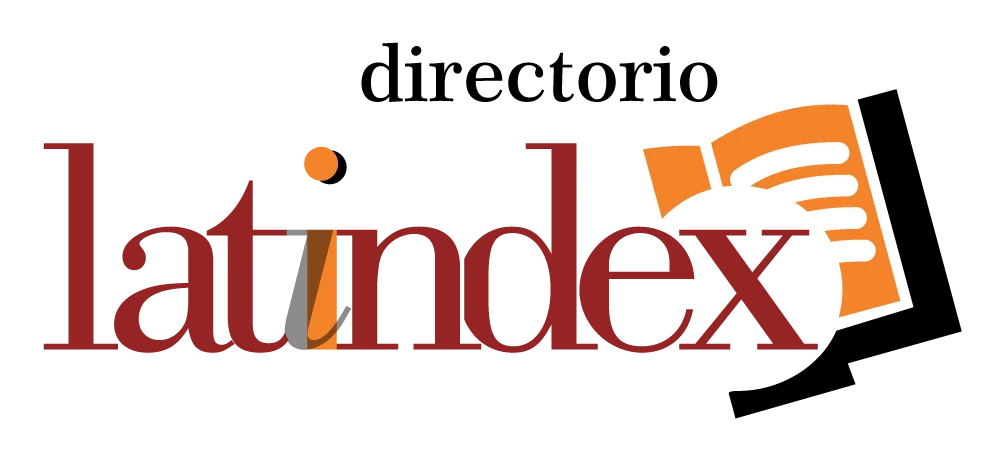Artificial Intelligence as a Strategic Ally in the Financial Sphere
DOI:
https://doi.org/10.56294/digi2024118Keywords:
automation, auditing, artificial intelligence, accounting, transformationAbstract
Introduction: In the last decades, artificial intelligence (AI) established itself as a transformative tool in accounting and auditing. Its implementation allowed automating repetitive tasks, increasing accuracy in data analysis and freeing professionals to focus on strategic functions. Since its beginnings in the 1950s, AI evolved from theoretical ideas to practical applications with great impact in financial and administrative sectors.
Development: The development of AI began with the creation of the Logic Theory Machine and advanced with paradigms such as symbolic and connectionist AI. Over the years, technologies such as neural networks, virtual assistants and machine learning systems were integrated into various fields, including finance. In accounting, AI facilitated reporting and decision making by reducing the operational burden. In auditing, it made it possible to detect fraud and errors more quickly and reliably than traditional methods. Tools such as expert systems, neural networks and intelligent agents were incorporated to improve accounting review and ensure compliance with international standards. However, concerns were raised about job losses, technological dependence and ethical dilemmas.
Conclusion: AI represented a substantial advance in the efficiency and quality of accounting and auditing processes. Although it generated job uncertainty and ethical challenges, it was viewed as a strategic ally when applied in a conscious and regulated manner. Its responsible integration strengthened business decision-making and sustainable economic development.
References
1. Albarracín J, Parra Y. La aplicación de inteligencia artificial en la auditoría contable. Rev Multidiscip Perspect Investig. 2024;4(Esp):73–85. doi: https://doi.org/10.62574/rmpi.v4iespecial.172
2. Del Valle F. Proceso de establecimiento de las normas internacionales de auditoría. Auditar. 2021;:9–17. doi: https://doi.org/10.24215/27188647e002
3. Espinosa Manríquez N. Contabilidad básica. Santiago de Chile: Universidad Alberto Hurtado; 2020.
4. Leguiza C. Inteligencia artificial: aplicada a los procesos contables [tesis]. San Martín: Universidad Nacional de San Martín, Escuela de Economía y Negocios; 2024.
5. Mojica SV. Inteligencia artificial en la auditoría externa: Análisis de las nuevas tecnologías en el diseño de la documentación para la gestión del auditor financiero de la nueva era [tesis]. Bucaramanga; 2023.
6. Niebles JC. Inteligencia artificial en todo y para todos. Rev Digit Univ. 2020;21(1):1. doi: http://doi.org/10.22201/codeic.16076079e.2020.v21n1.a5.
Published
Issue
Section
License
Copyright (c) 2024 Ivanna Victoria Contreras , Ignacio Ruiz (Author)

This work is licensed under a Creative Commons Attribution 4.0 International License.
The article is distributed under the Creative Commons Attribution 4.0 License. Unless otherwise stated, associated published material is distributed under the same licence.





